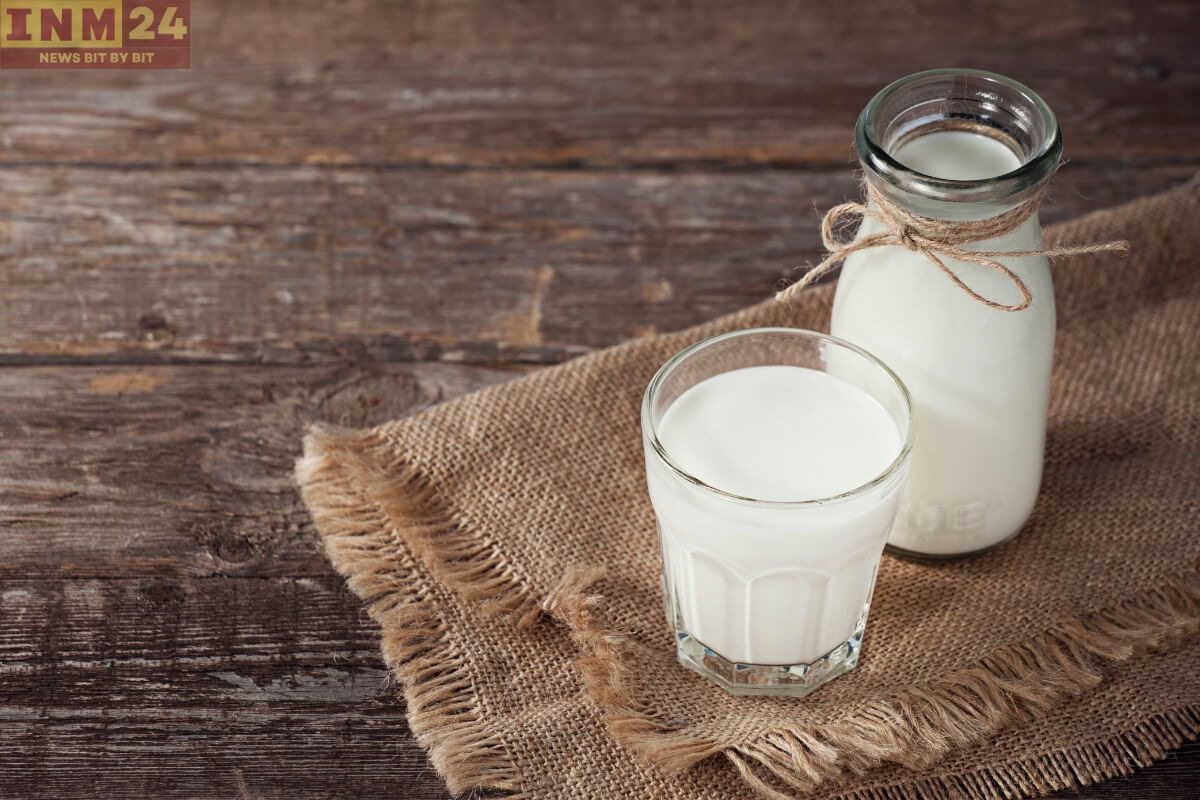Milk is often regarded as a nutritious beverage, prized for its high calcium and protein content, along with a host of other essential vitamins and minerals. However, not all combinations with milk are beneficial for health. In fact, there are certain mixtures that can have harmful effects on the body when consumed together. In this article, we’ll explore five such combinations that should be avoided to ensure optimal health and well-being.
Milk and Citrus Fruits
Combining milk with acidic citrus fruits such as oranges, lemons, or grapefruits can lead to curdling of the milk in the stomach. This curdling may cause digestive discomfort, bloating, and gas. Additionally, the acidity of citrus fruits can interfere with the body’s ability to absorb calcium from milk, potentially reducing its nutritional benefits.
Milk and Fish
Consuming milk with fish, particularly saltwater fish such as tuna or mackerel, can lead to digestive issues and may even cause food poisoning. The combination of milk’s protein and the amino acids present in fish can be difficult for the stomach to digest, leading to discomfort, nausea, and vomiting.
Milk and Spicy Foods
Pairing milk with spicy foods, such as curries or chili peppers, may provide temporary relief from the burning sensation in the mouth. However, the combination can irritate the stomach lining and exacerbate acid reflux symptoms. Spicy foods can also mask the taste of spoiled milk, increasing the risk of consuming spoiled dairy products.
Milk and Certain Medications
Some medications, particularly antibiotics such as tetracycline and ciprofloxacin, can interact with milk and dairy products, reducing their effectiveness or causing adverse reactions. It’s essential to read medication labels carefully and consult a healthcare professional if unsure about whether a particular medication can be taken with milk.
Milk and Green Leafy Vegetables
While both milk and green leafy vegetables are nutritious on their own, consuming them together may hinder the body’s ability to absorb certain nutrients. Green leafy vegetables contain oxalates, compounds that can bind to calcium and prevent its absorption. This may reduce the bioavailability of calcium from milk and hinder its benefits for bone health.
While milk is a valuable source of nutrients, it’s essential to be mindful of what you consume it with to avoid potential health risks. By avoiding harmful combinations such as those listed above, you can ensure that you reap the full nutritional benefits of milk while supporting overall health and well-being. Remember to prioritize a balanced diet and consult a healthcare professional if you have any concerns about your dietary choices.
